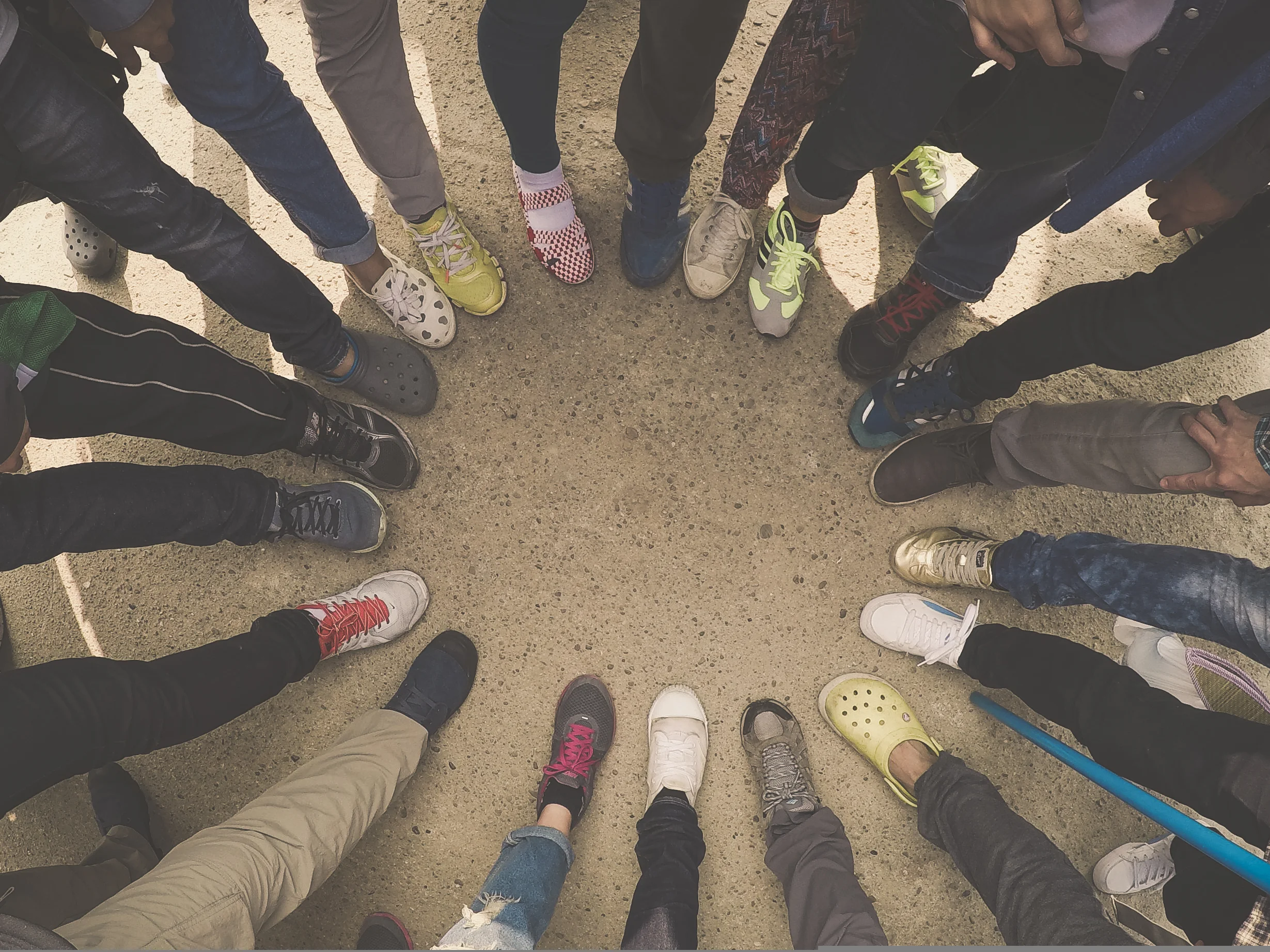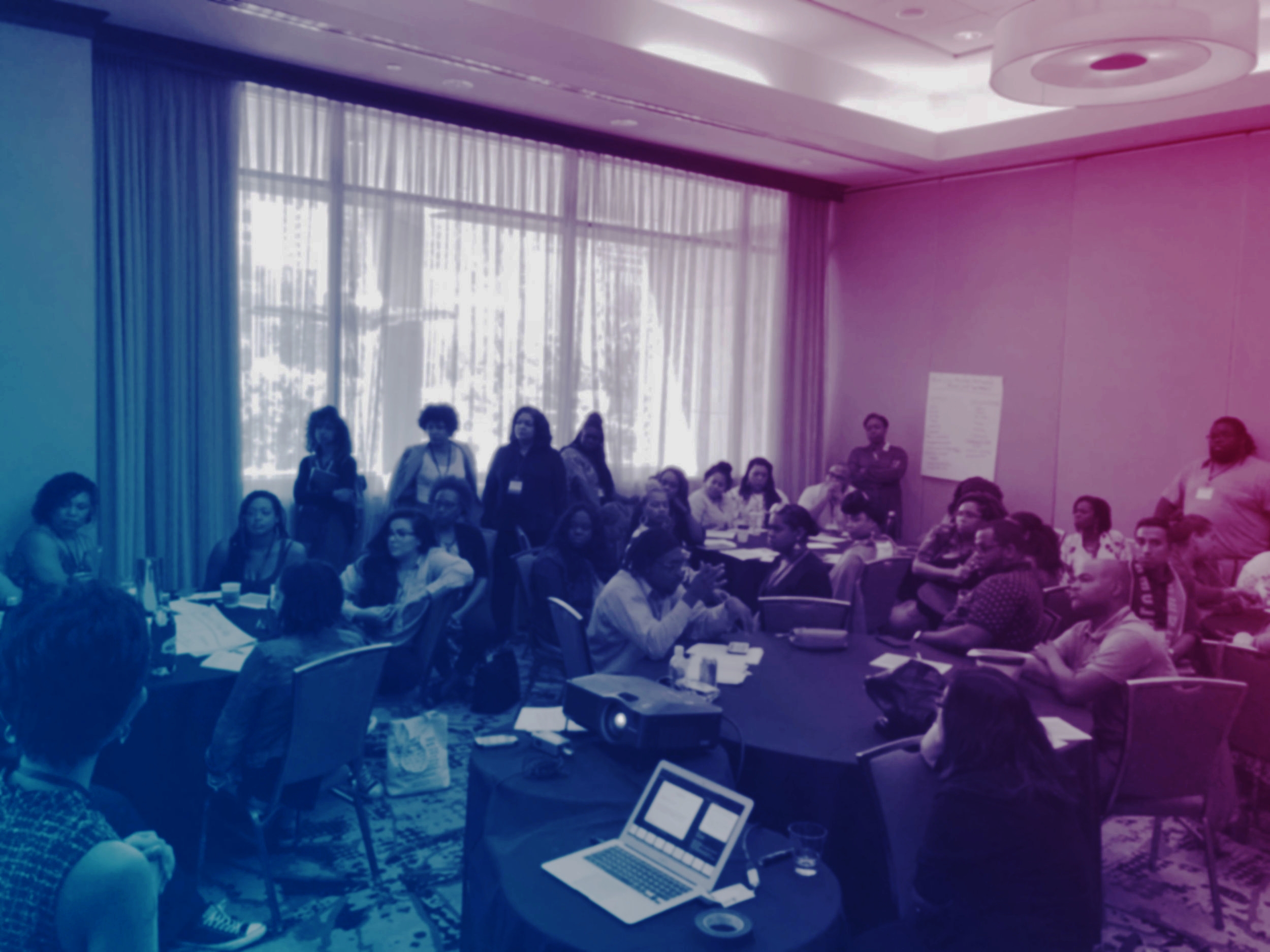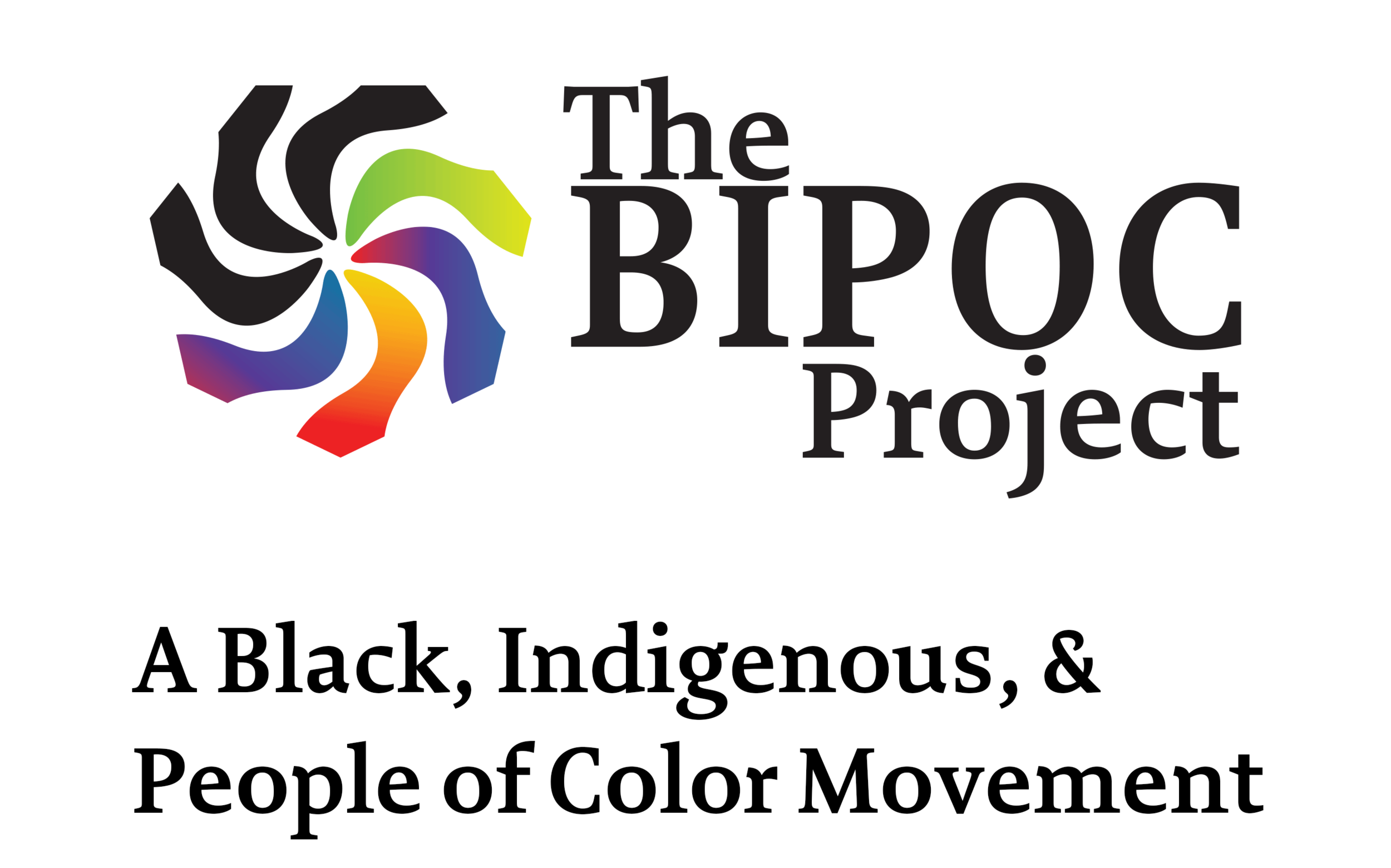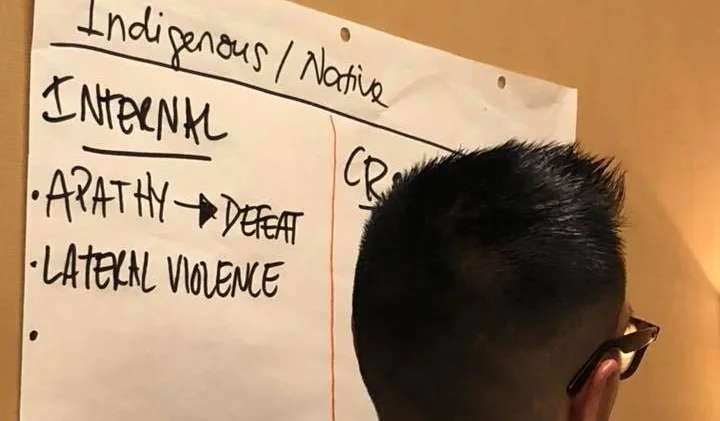
About Us
Our Mission
The BIPOC Project aims to build authentic and lasting solidarity among Black, Indigenous and People of Color (BIPOC), in order to undo Native invisibility, anti-Blackness, dismantle white supremacy and advance racial justice.
We use the term BIPOC to highlight the unique relationship to whiteness that Indigenous and Black (African Americans) people have, which shapes the experiences of and relationship to white supremacy for all people of color within a U.S. context. We unapologetically focus on and center relationships among BIPOC folks.
Our Thinking
This nation is firmly entrenched in maintaining white supremacy, patriarchy and capitalism. This reality has been resisted in multiple ways, including organizing led by and among various communities of color for survival. However, many efforts still focus only on combating white supremacy, with limited attention to the way communities of color adopt and reinforce these harms amongst ourselves and against other marginalized groups in a “race towards the bottom” for naming our pain. As a result, many multiracial BIPOC communities continue to be challenged to develop authentic and accountable inter-group relationships despite a shared struggle under white supremacy. These challenges often undermine anti-racist organizing among people of color because each community is differently shaped and situated depending on intersectional issues and identities.
BIPOC Project Solidarity Principles
Decolonize Stories - Seek, learn, share and affirm the distinct histories of BIPOC communities; and unlearn dominant narratives
Develop a Power Analysis - Consider how each BIPOC community is differently situated in the racial hierarchy and differently affected by issues
Uplift Native and Black Humanity - Honor the legacies of Native and Black resistance to colonization and white supremacy; and actively examine how disparities and injustices uniquely affect Native and Black communities
Organize Your People – ‘Call in’ your communities to deeper understanding and empathy for all BIPOC communities with love and compassion
Build Intergroup Connections and Relationships – Build just relationships; and invest in one another’s liberation
Commit to Personal and Collective Healing – Practice both individual and community care; acknowledge ruptures and invite connection; and center healing and transformative justice
Our Theory of Change
People of color have always understood the need for our own spaces without white people present, for our own safety and healing. The BIPOC Project expands on this fundamental understanding and seeks to directly address the gaps in building authentic and sustainable solidarity:
We address how three pillars of racism – Native invisibility, anti-Blackness and white supremacy - are internalized and show up in mutually reinforcing, distinct, and specific ways within BIPOC spaces and impede our efforts to collaborate across difference;
We disrupt calls for “unity” by making explicit dynamics of power across intersectional identities within a racial hierarchy underpinned by Native invisibility, anti-Blackness and white supremacy, and center BIPOC most at the margins;
We seek to intentionally reframe the Black/white binary to cultivate anti-racist analysis, knowledge and practice among a wider group of BIPOC, to call us all into racial justice work; and
We offer a vision of solidarity rooted in reimagined relationships between BIPOC in an anti-Black, white supremacist society.

What We Do
The BIPOC Project offers:
Signature Gatherings:
For ‘Colored Folks’ Who Consider Our Mutual Liberation Enough – This experiential gathering uses historical and contemporary information, powerful questions and our Solidarity Framework to promote shared learning, intra- and inter-group connection, and community building.
Building Black Power: Dismantling Anti-Blackness in Our Institutions and Movements – This experiential gathering tackles the root causes of anti-Black racism and its cultural influences within our institutions, movements and communities, and offers a framework for unlearning anti-Blackness and developing a pro-Black stance within anti-racist practice among BIPOC folks.
Black Leadership: Navigating Transitions in Historically White Led Institutions As many organizations grapple with executive transitions where a person of color, especially an incoming Black leader, is succeeding a white leader, there is growing discussion on “glass cliffs”: the phenomenon where leaders of color inherit organizational challenges where the risk of failure is high. This workshop will:
Enhance understanding of how anti-Blackness impacts Black leadership regardless of positional authority.
Reflect on organizational and leadership practices that make for more successful executive transitions, meaningfully support Black leadership, reckon with past harm, and center accountability to communities at the heart of the organizational mission, regardless of role and identity.
Our resources and gatherings are especially suited to:
BIPOC leaders seeking to leverage their own identities as well as resources, tools and networks to advance anti-racist change;
Organizations looking to establish and run effective BIPOC affinity groups and caucuses as part of larger organizational initiatives to create multicultural anti-racist organizations;
Movements looking to mobilize diverse BIPOC groups around various issues and platforms; and
Groups seeking to integrate an intersectional analysis within BIPOC racial justice organizing.





